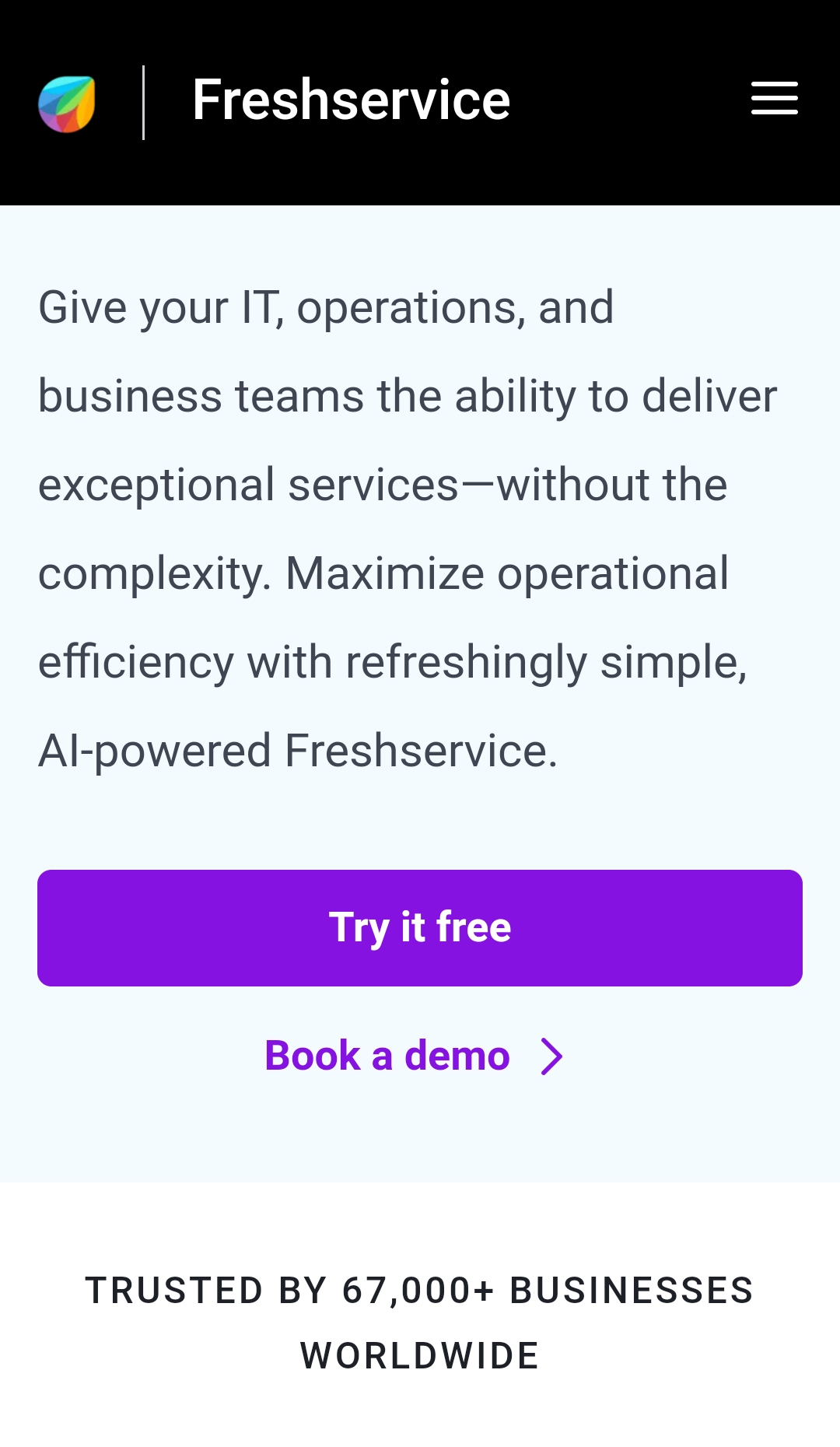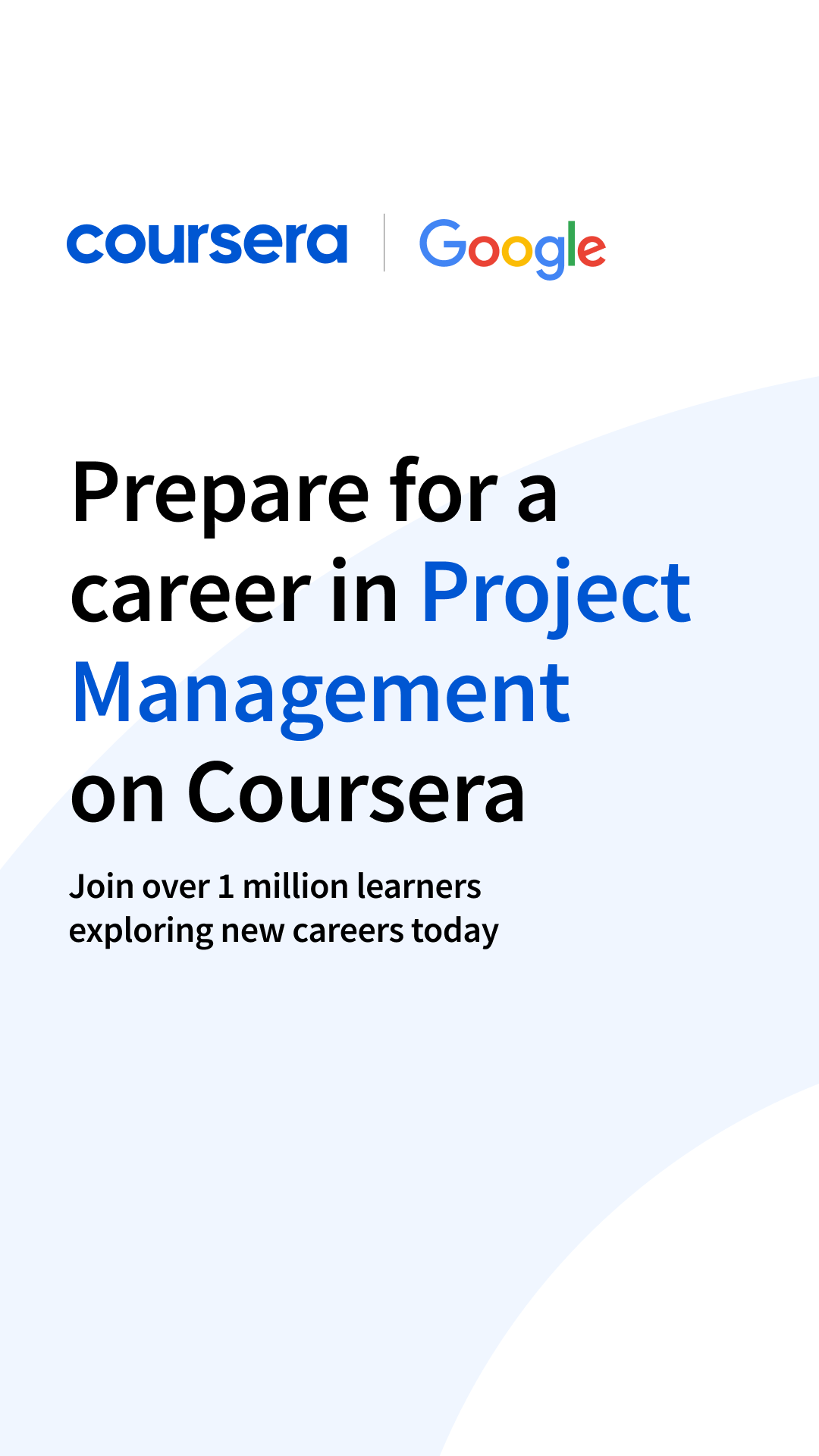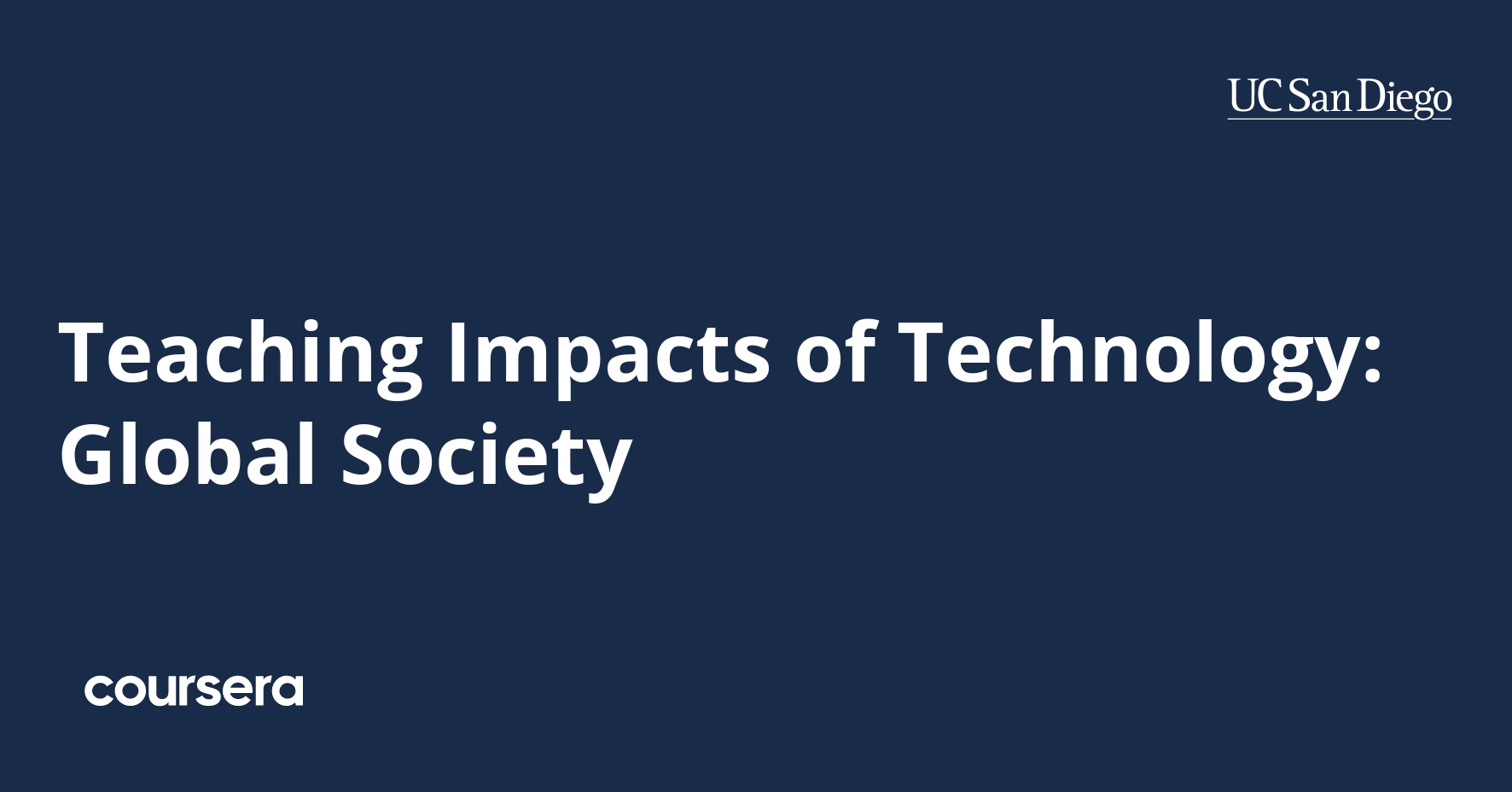Description
In this course you’ll focus on how technology-enabled communication is changing geopolitics and, more broadly, how technology is connecting our world and changing lives. This will be done through a series of paired teaching sections, exploring a specific “Impact of Computing” in your typical day and the “Technologies and Computing Concepts” that enable that impact, all at a K12-appropriate level.
This course is part of a larger Specialization through which you’ll learn impacts of computing concepts you need to know, organized into 5 distinct digital “worlds”, as well as learn pedagogical techniques and evaluate lesson plans and resources to utilize in your classroom. By the end, you’ll be prepared to teach pre-college learners to be both savvy and effective participants in their digital world.
In this particular digital world (global society), you’ll explore the following Impacts & Technology pairs —
Impacts (Freedom of Speech): Internet in third world countries, censorship, and social media
Technology and Computing Concepts: VPN, how Internet censorship works, metadata, tor
Impacts (Life Made Easy): Internet changing the way we live, travel, autonomous vehicles
Technology and Computing Concepts: Internet of things, how self-driving cars work
Impacts (Keeping Your Information Secure): two-factor authentication, PINs, Patterns, fingerprints, apple ID
Technology and Computing Concepts: DDoS attacks and Botnets, man-in-the-middle attacks, dangers of public Wifi, phishing, ransomware, bitcoin
In the pedagogy section for this course, in which best practices for teaching computing concepts are explored, you’ll learn about the principles of the computer science advanced placement exam, how it assesses students, and how to prepare your students for this critical exam.
In terms of CSTA K-12 computer science standards, we’ll primarily cover learning objectives within the “impacts of computing” concept, while also including some within the “networks and the Internet” concepts and the “data and analysis” concept. Practices we cover include “fostering and inclusive computing culture”, “recognizing and defining computational problems”, and “communicating about computing”.









